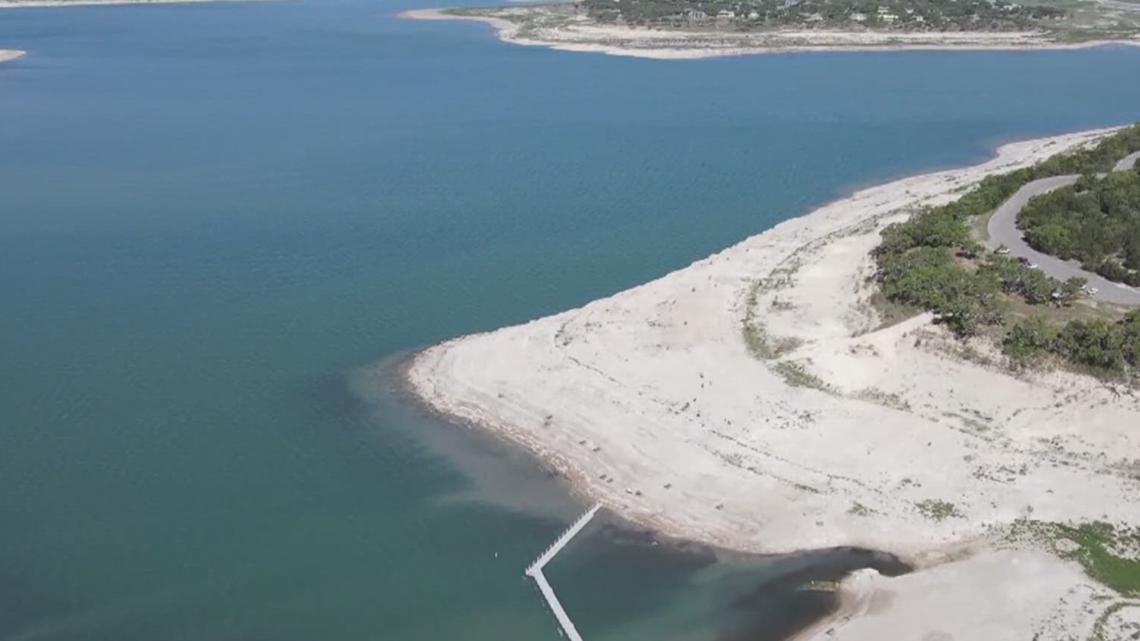
If approved by voters in November, this would mean $1 billion dollars a year will be allocated to water supply and infrastructure for twenty years across Texas.
CORPUS CHRISTI, Texas — The countdown is on for Senate Bill 7, new state legislation involving our water supply.
Senate Bill 7 and House Joint Resolution 7 are two parts in a package that would potentially oversee and fund Texas water infrastructure. If approved, this would mean $1 billion dollars a year would be allocated to water for twenty years statewide.
“Some of our water supplies are drying up,” Governor Greg Abbott said.
This statewide legislation proposes to set aside $1 billion dollars per year for the next twenty years for new water supplies and improving water infrastructure.
“Agriculture producers in the Rio Grande Valley and out in West Texas, they don’t have water to be able to grow their crops,” Abbott said.
Now, whether it gets approved or not will be in voters’ hands this November.
State Representative Cody Harris said that aside from fixing immediate water supply needs and leaky pipes, the state should also focus on water sources down the line.
“Make sure that we have those funds going into the future and that we’re not just depending on each legislative session allocating a certain amount of money,” Harris said.
So, what would this mean for us in the Coastal Bend?
Executive Director of the Nueces River Authority John Byrum says it “opens up, you know, the possibility – if the voters approve of a billion dollars a year for the next 23 years going into water infrastructure.”
Byrum shared this is important not just for our communities now, but also future generations.
“With the drought, the existing drought in South Texas, I think it allows South Texas to compete very favorably for projects that we need to improve our water supplies,” Byrum said.
Byrum emphasized that this funding would go to projects like the Inner Harbor desalination plant, and encouraged voters to approve the bill in November.
“This is the best way for us to continue producing that excess revenue every year and the best way for us to grow our water supplies so that we can grow our economy. We can continue the success we’ve had over the last few years and keep up with our population growth,” Byrum said.
